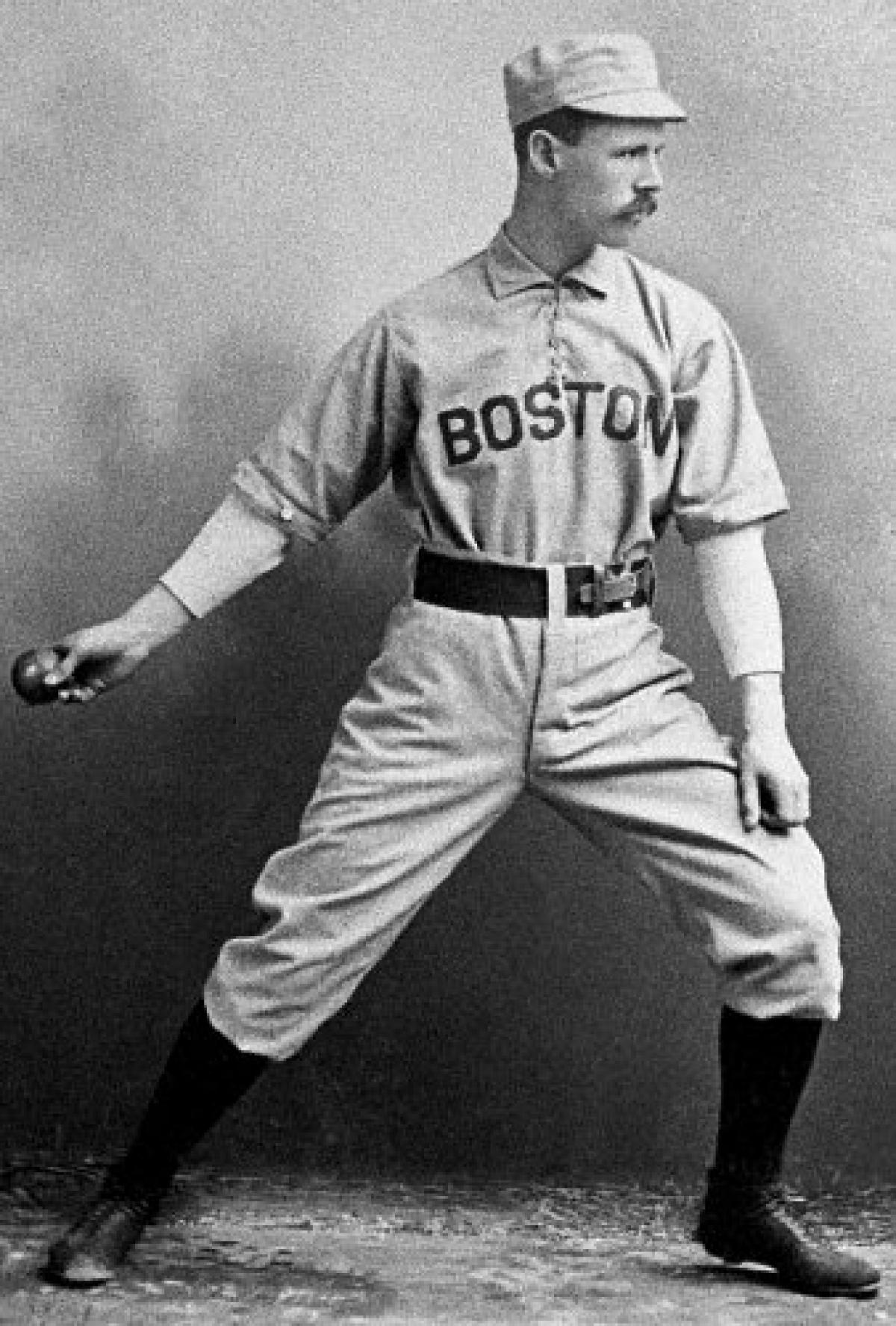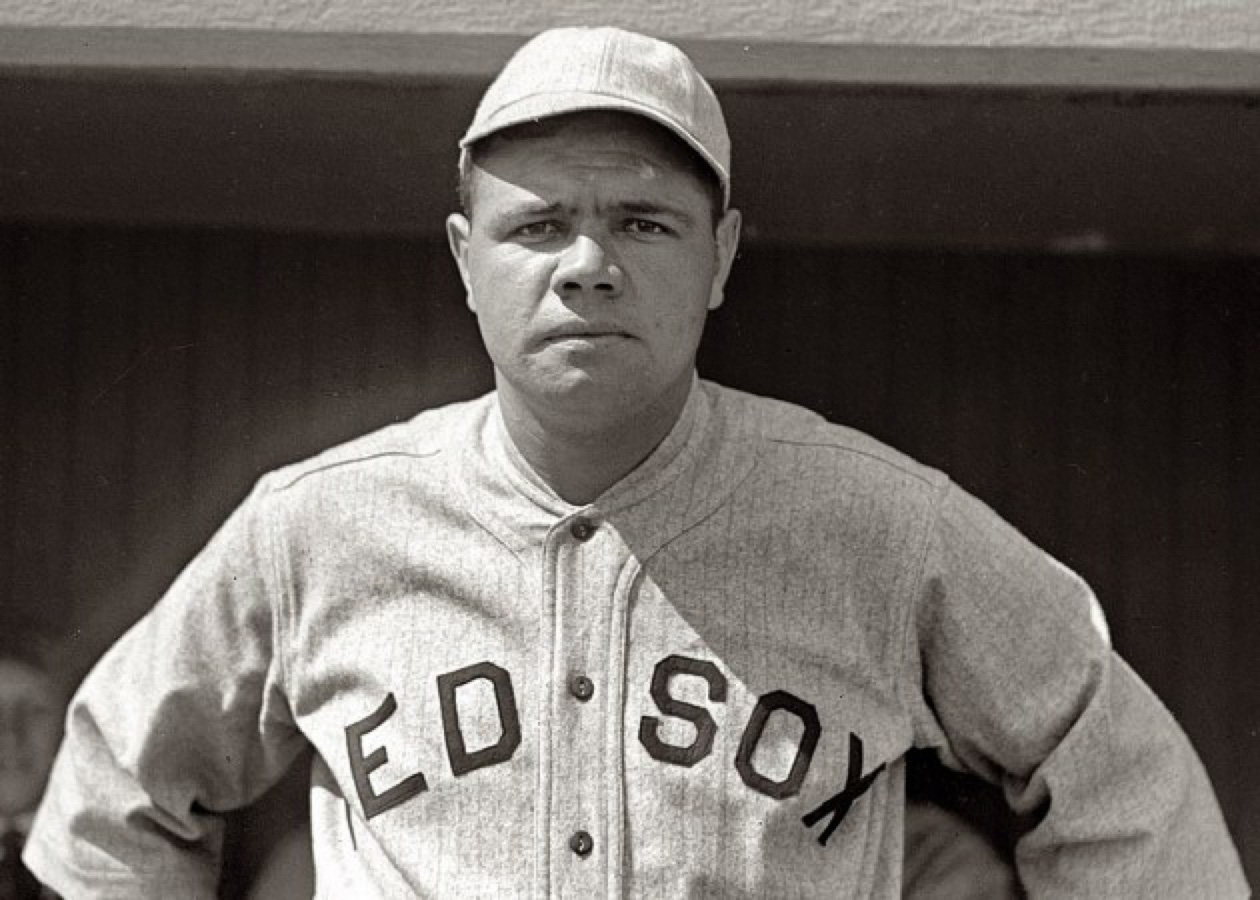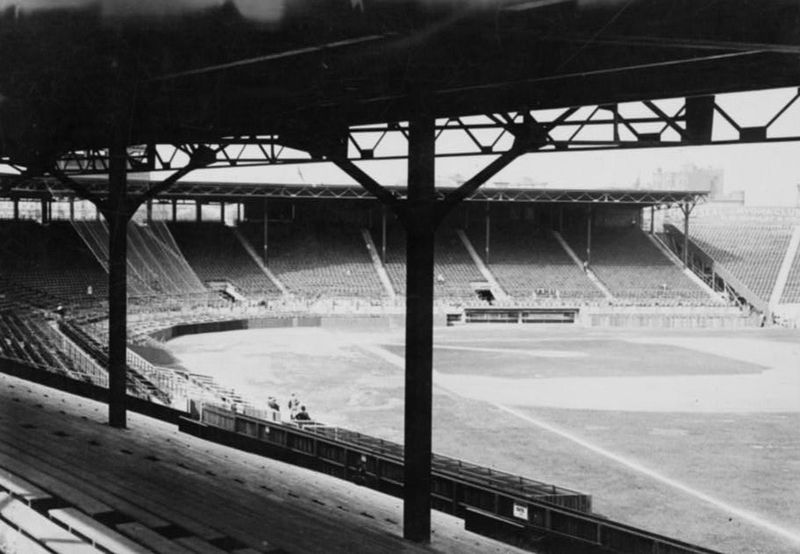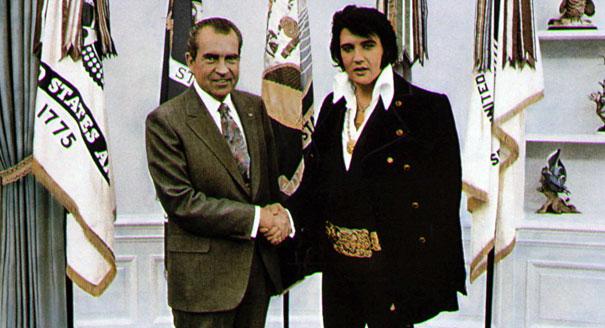When I read the recent Businessweek profile of Boston Red Sox owner John Henry, it reminded me of something that drives me a little batty. In January, Sox pitcher Jon Lester said that he would take a “hometown discount” to remain with the team rather than trying to get fair market value. That’s a phrase your hear sometimes that overjoys many fans and sportswriters because the player is making a sacrifice for the organization, and by extension, the fans. But it’s ridiculous and bad economics.
Why exactly would Lester give a billionaire like Henry a hometown discount? If it’s in the player’s best interests to accept a lesser contract earlier because of fear of injury, so be it. But he should never take a “discount” to accommodate an owner. That’s just silly. If Henry doesn’t want to pay market value, that’s fine, it’s his decision, but he shouldn’t be given corporate welfare from a player any more than team owners should have their stadiums paid for in part by taxpayers. This isn’t 1904 and it’s not the Boston Beaneaters: Billionaires should have to navigate the free market like everyone else. From ESPN in January:
“Red Sox pitcher Jon Lester, who is eligible for free agency after the 2014 season, emphatically stated Thursday that his desire is to remain with Boston, and he expressed a willingness to take a discount in order to do so.
‘These guys are my No. 1 priority,’ Lester said during media availability at the Boston Baseball Writers’ Association of America awards dinner. ‘I want to be here ’til they rip this jersey off my back.
Lester said he not only expects to have to take a discount in order to sign an extension with the team, but he is willing to do so.
‘It’s like Pedey [Dustin Pedroia, Red Sox second baseman]. He left a lot of money on the table to stay here. That’s what he wanted to do. I understand that. That’s my choice, that’s his choice.'”




